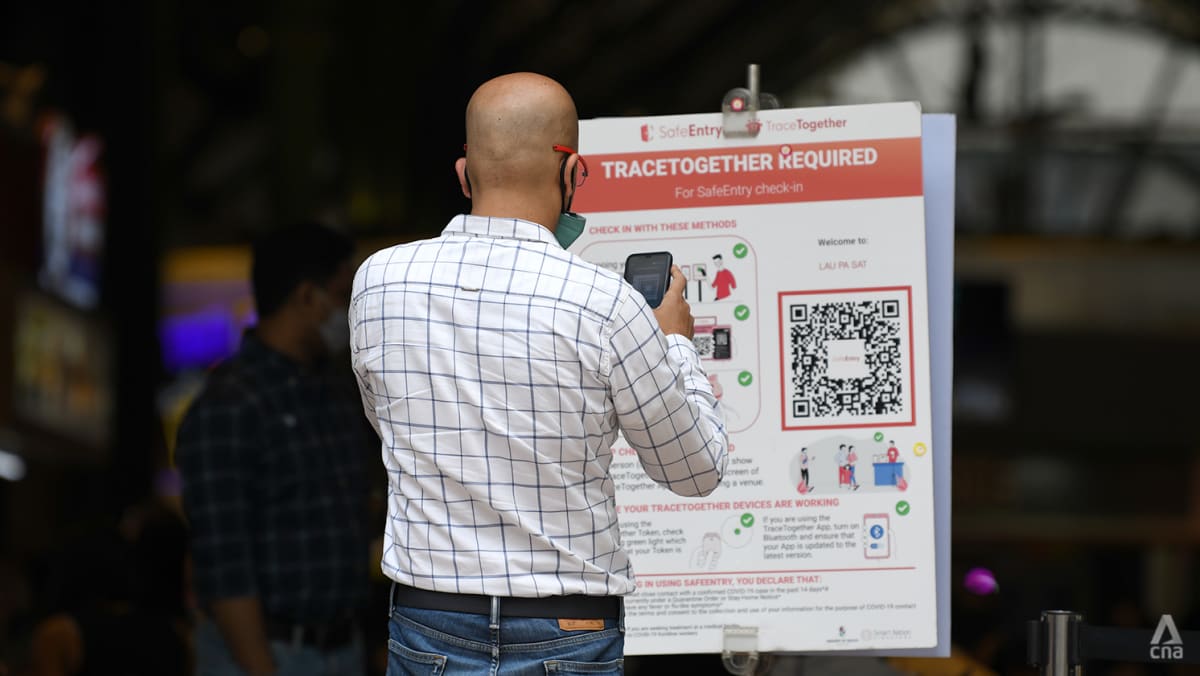
SINGAPORE: Flexibility, agility, adaptability – these are buzzwords you’d expect to hear in corporate boardrooms, less so in public health. Still, these concepts featured heavily in the White Paper on Singapore’s management of the COVID-19 pandemic, released on Mar 8 and to be debated next week in Parliament.
But why was being flexible, agile and adaptable so integral to Singapore’s COVID-19 outcomes? And how can we further build upon these decisions to prepare for the next pandemic?
Though we learnt from SARS 20 years ago and will continue to do so from COVID-19, pandemics are complex, evolving situations where people operate with uncertainty.
Public health is a notoriously fickle field. It is not easy to decide to what extent to stick to older, proven methods or how much to shift and adapt to new information. Decisions made too late, or without the right information, can lead to less than desirable outcomes.
An example highlighted in the White Paper on what could have been done better in Singapore was the management of the outbreak in migrant worker dormitories. As the understanding of the SARS-CoV-2 was limited in early 2020, the authorities implemented similar procedures on containment using protocols following the SARS outbreak in 2003.
However, it was soon discovered that the virus was capable of asymptomatic transmission. This led to outbreaks in various dormitories, compounded by factors such as close living conditions and the limited testing capabilities at the time. The outbreaks were eventually contained, but it illustrates the kinds of difficult decisions public health authorities must navigate in times of uncertainty when information is limited.
